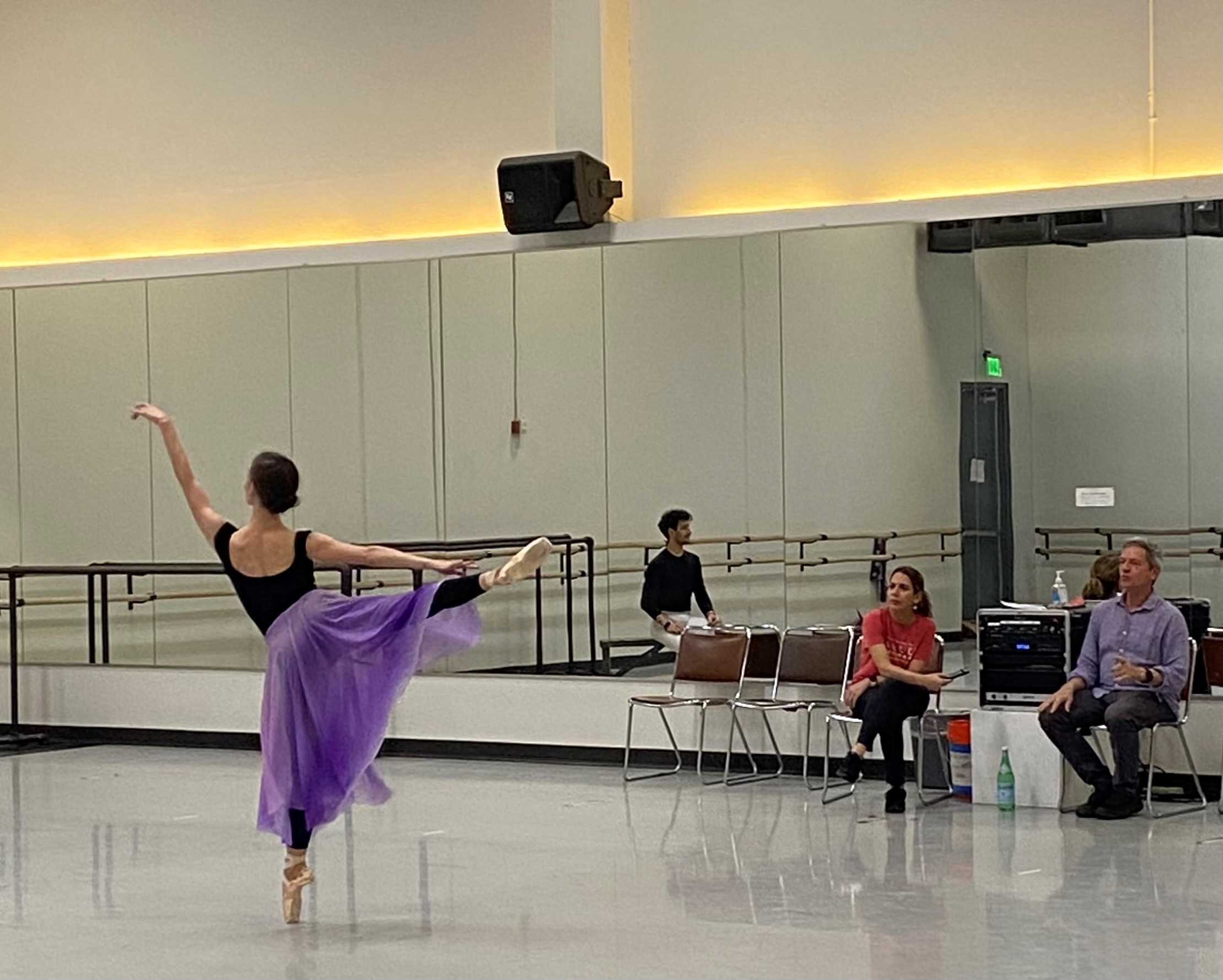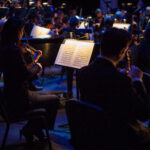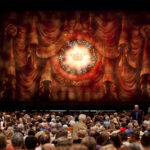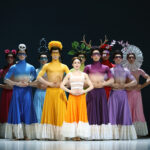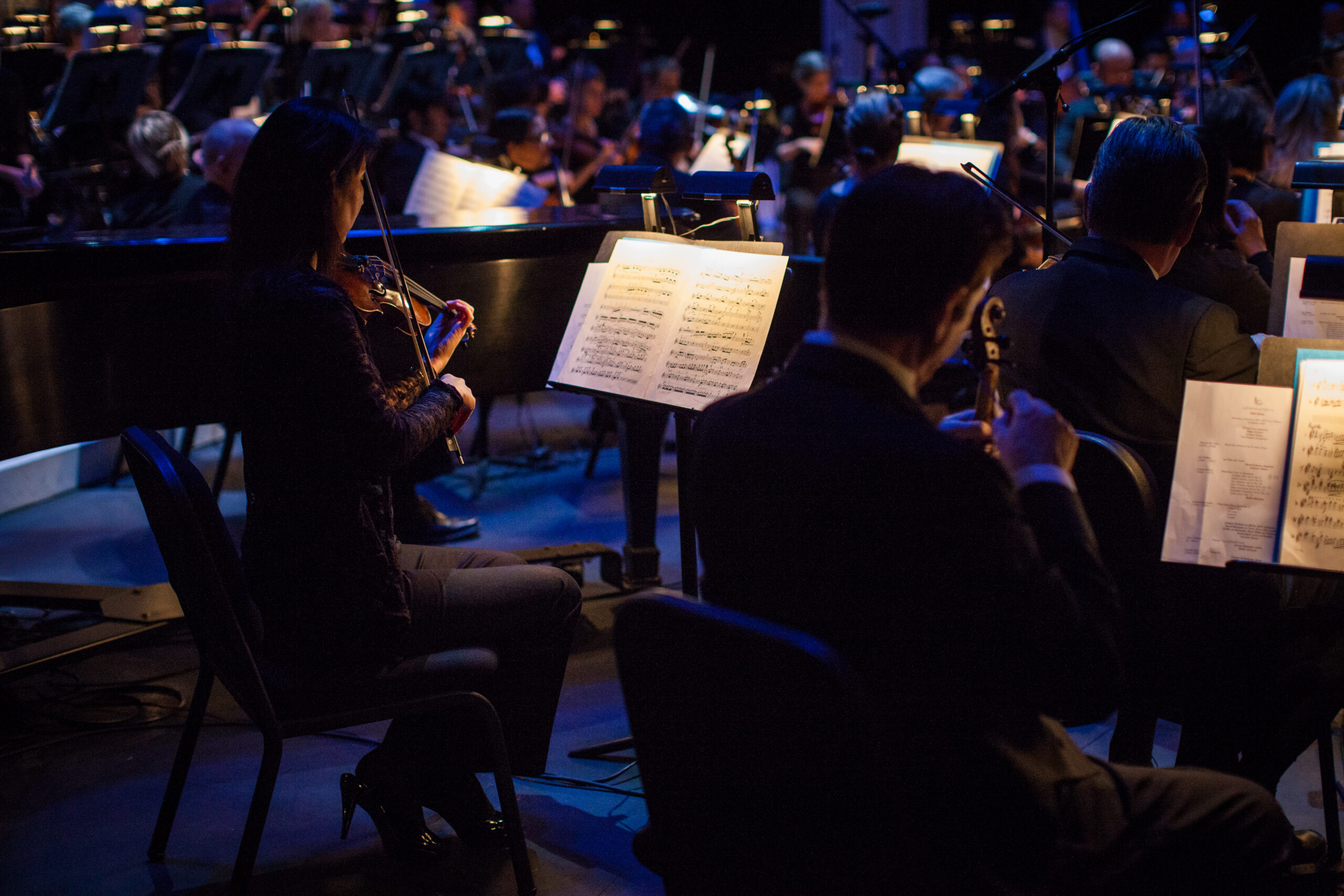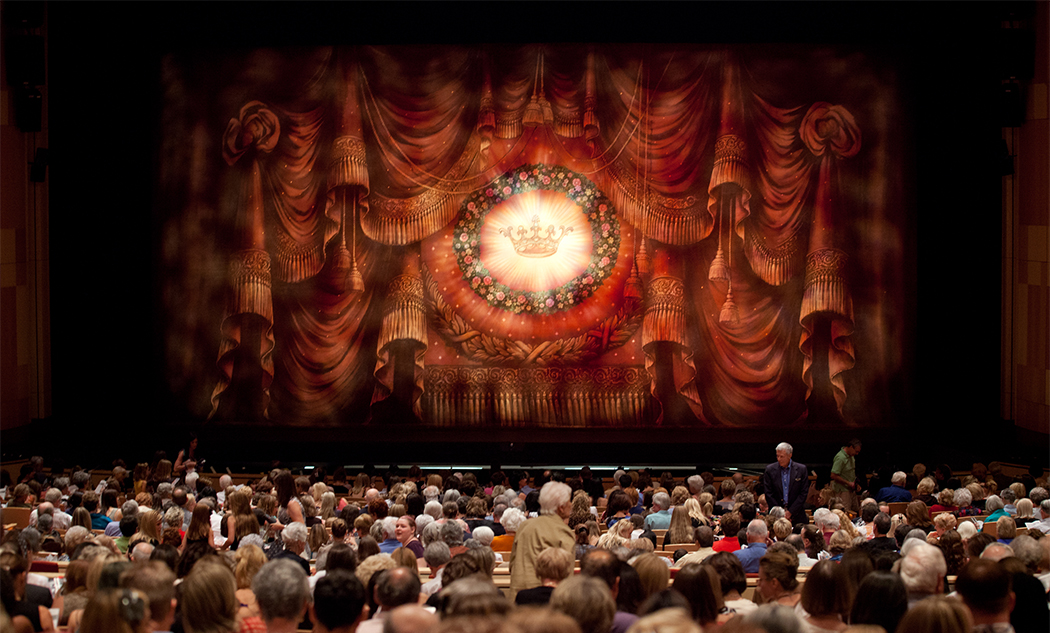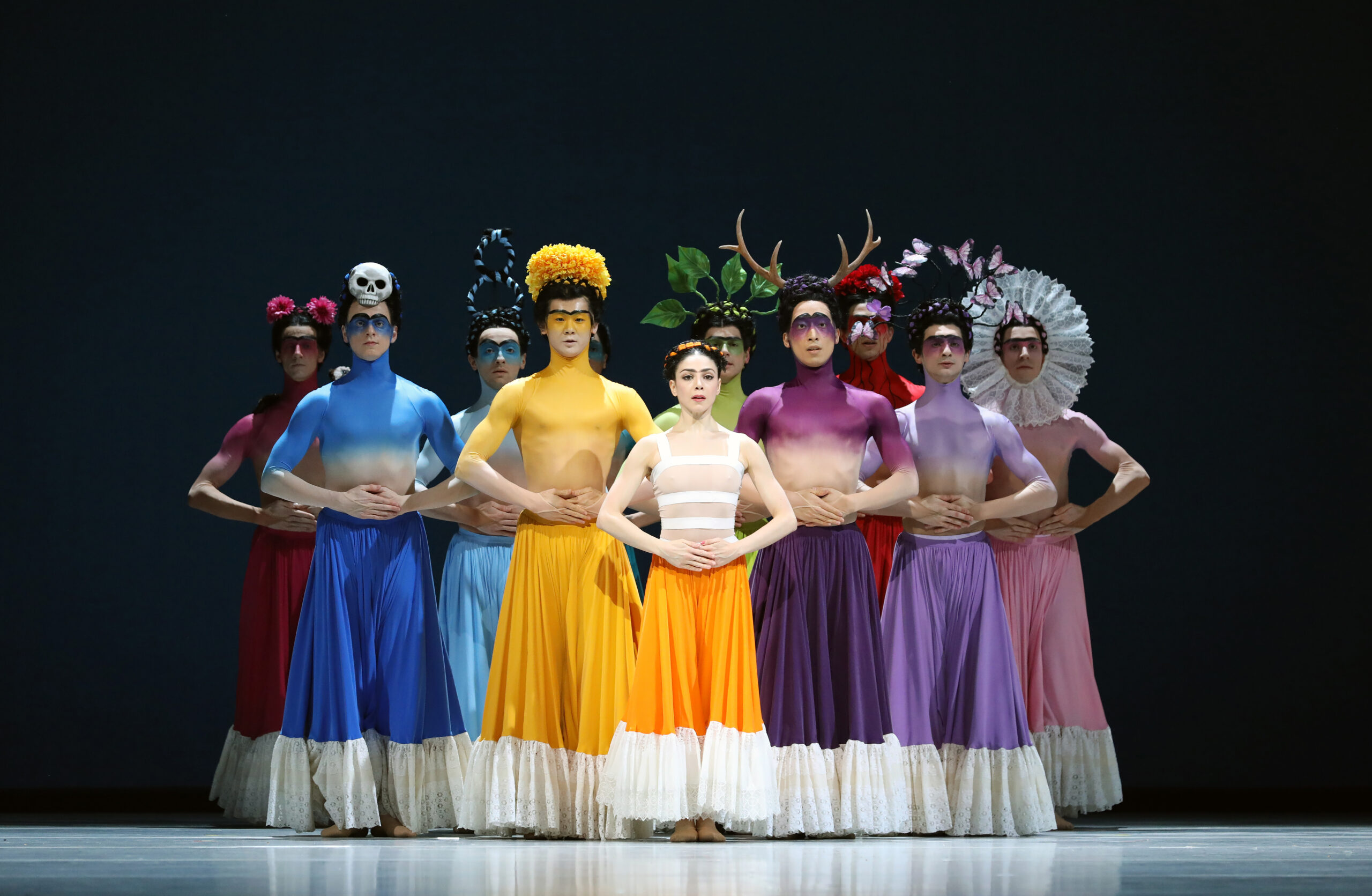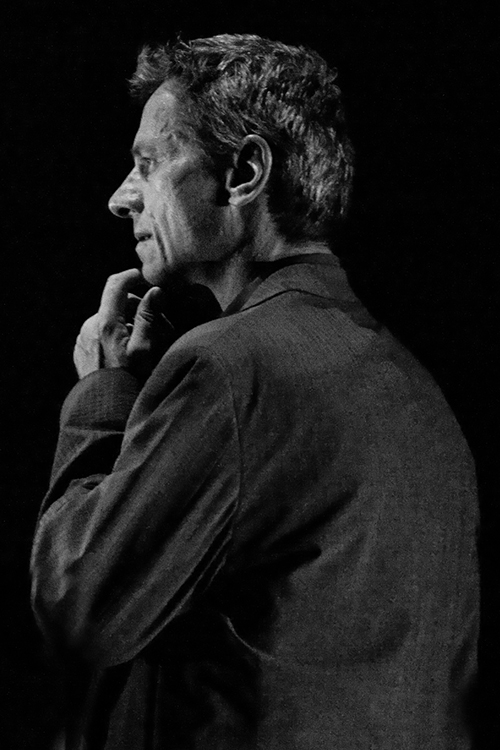
Tell us about Giselle…
Giselle is a complete masterpiece. The story itself is simple, a fairy tale about love and betrayal, and yet, everything about it is iconic… every step… every breath. It is one of the true, perfect ballets, in my opinion – more so than Swan Lake or The Sleeping Beauty.
Musically and choreographically, it is such a well-told story, but scraping that away, it is a story about humanity. It does not matter that the ballet is 182 years old. Stories about human nature transcend time. They are for everyone, which is why Giselle will never be an outdated work. The only time it will be outdated is when it is not done right.
What is it like to reprise this work nearly a decade later?
No ballet has ever moved me as much as Giselle and staging it last time was very intense. One performance, I was so shaken up, I actually had to leave the theatre and take a walk during intermission! I have never had that feeling before or since, so reprising this ballet has been exhilarating.
Like I said, Giselle is everything, but it is demanding and more than any other ballet, it hinges on who is performing the roles. If the acting is not there, you don’t have the ballet. If the technicality isn’t there, you don’t have the ballet. And of course, the demands for Act I and II are completely different.
You need to know what you are doing and how you are going to do it. For the dancers especially, because there are also so many ways to interpret the characters. Take Albrecht; is he a shallow, womanizer, who is looking for a bit of fun? Or are his feelings for Giselle real? You can do it brilliantly either way, but deciding what path is essential to shaping the story. There can be no questions, no hesitation, because roles like this require great acting.
Coming from the Royal Danish Ballet – famous for their acting – I learned you are that person, not “acting” as that person. That is what I am after in our dancers; it asks a lot of them. Plus… the audience will know… the audience always knows when a performance is not genuine. Ballet may not have words, but you are reading a person’s body and you can feel if it is genuine. The body does not lie.
Why are the roles of Giselle and Albrecht so special for dancers?
Obviously, I never danced the role of Giselle, but I have to imagine it is one of the most satisfying. She embodies so many of the complexities of human nature. To learn her, to become her, is such an amazing challenge. Adding in the technical demands of the choreography, roles just do not come better than that!
For Albrecht, there are still deep complexities to his character but the challenges are different. In Act I, he is off-stage for maybe 25 minutes in the middle, so it is easy to feel disconnected. It requires a lot for a dancer to stay connected from the wings because you cannot just turn that off and on. Some people can, but I do not think very successfully. Act II is more straightforward when Albrecht dances to his death. If you are not physically, mentally, and emotionally exhausted, you are not doing it right. However, that is what makes this role so satisfying for a dancer.
Both roles are why Giselle is such an incredible ballet. The characters and their choreography are perfectly woven together, it all just makes sense.

